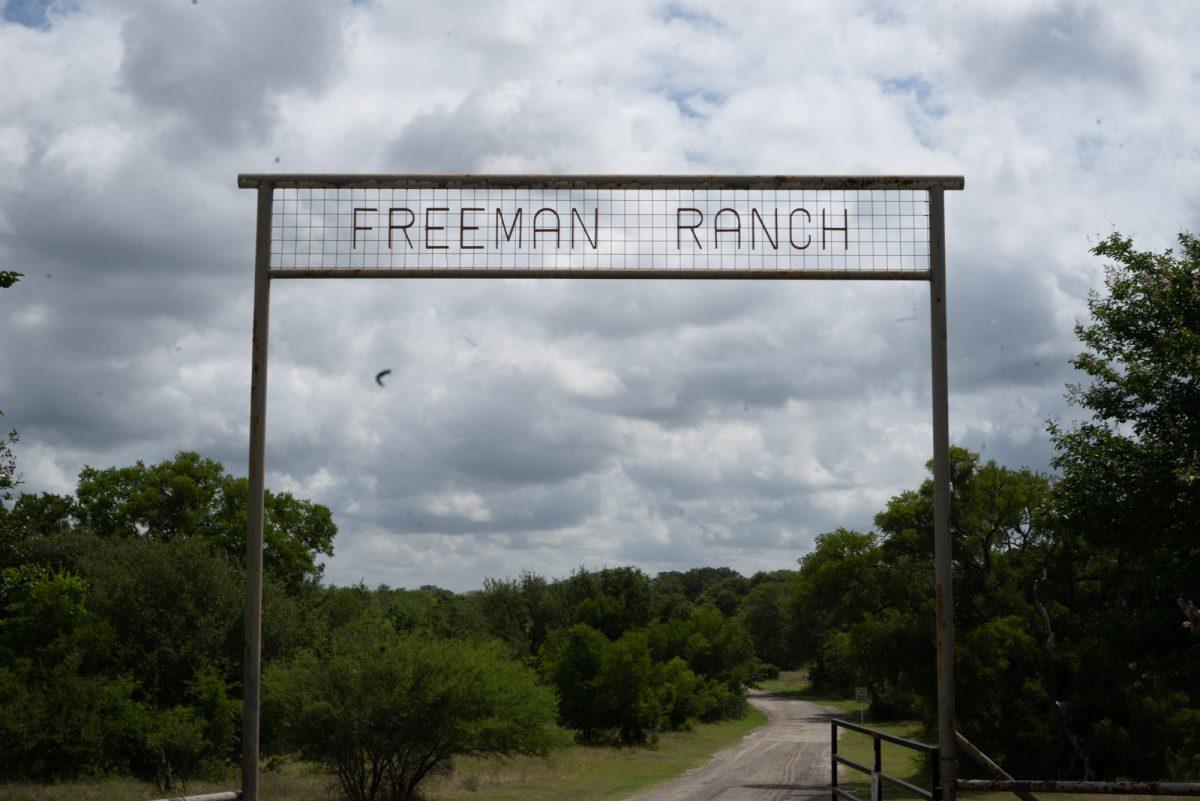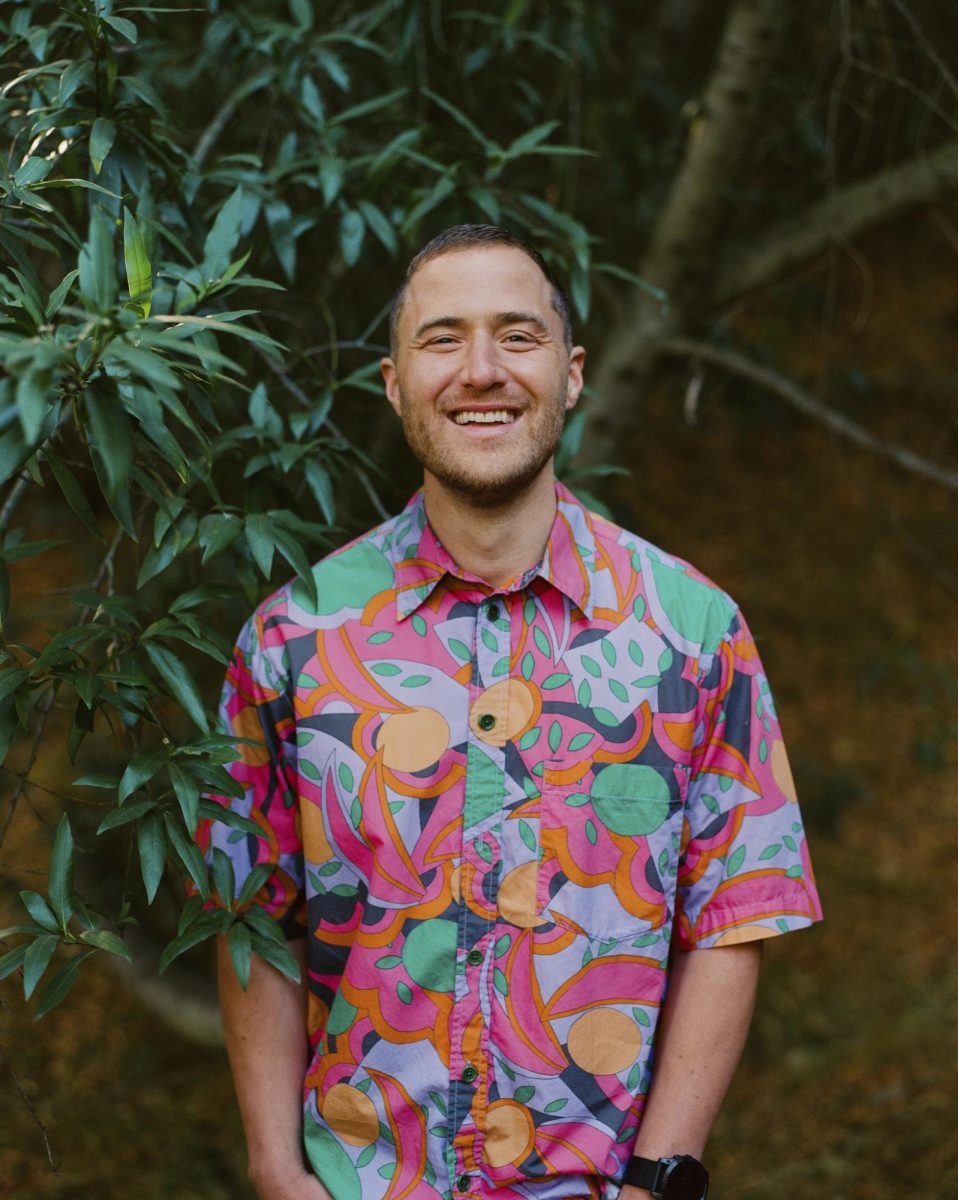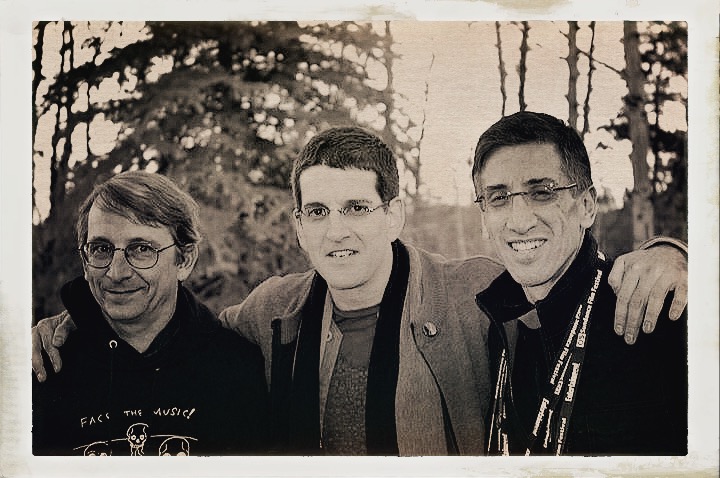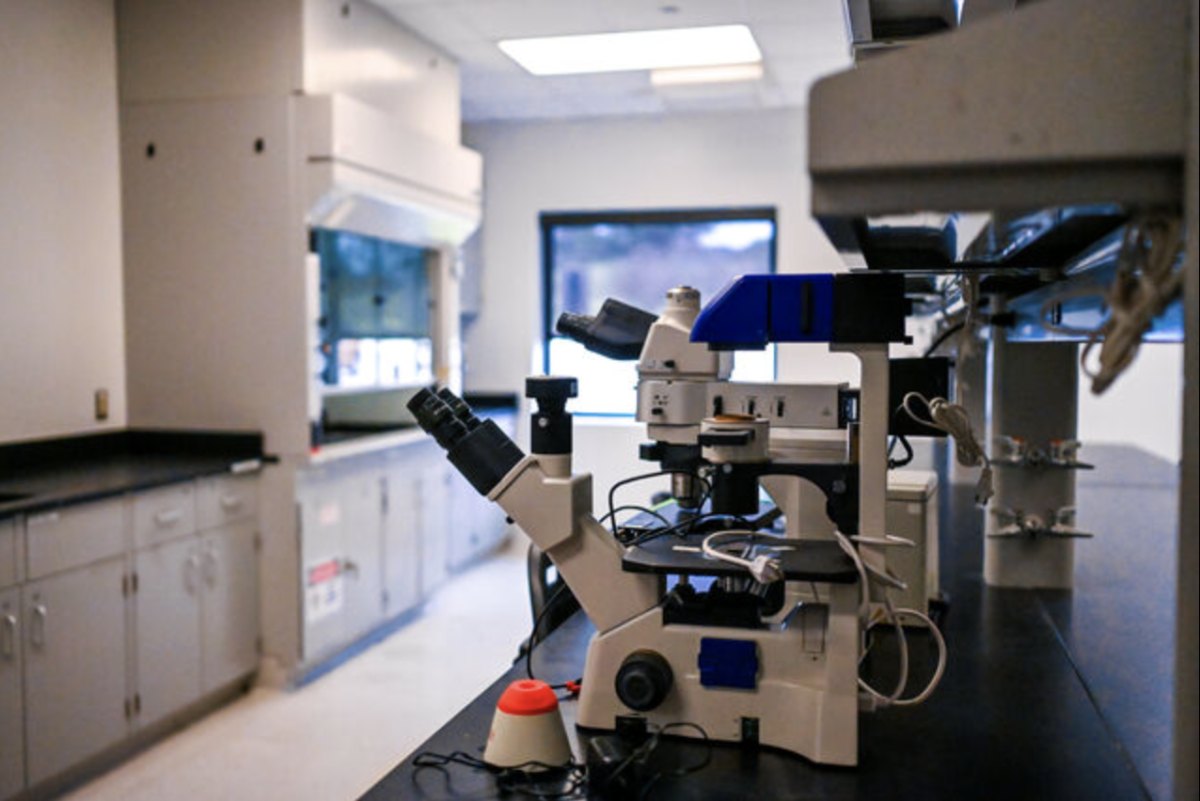Texas State’s latest doctoral program in applied anthropology aims to have students studying human remains and preserving ancient sites by fall pending approval from the Texas Higher Education Coordinating Board.
Applied anthropology takes data and theory learned in classrooms and applies it to real-world situations. Only two other universities in the U.S. offer the same degree: Oregon State University and the University of South Florida.
Beth Erhart, department chair and associate professor of anthropology, said universities have an obligation to prepare graduates to jump into their specific fields after graduation.
“We wanted a degree covering all of anthropology and nobody else in the state is doing it,” Erhart said. “The job market is skewed towards non-academic jobs so this is an opportunity to provide more specific education for Ph.D. students so they are ready for the job market.”
The program emphasizes forensic anthropology and cultural resource management, which is the assessment of lands mandated by Texas law to preserve ancient or historical sites before being destroyed by construction.
Students who follow the cultural resource management path will have access to Texas State’s Center for Archaeological Studies. The facility normally conducts about 10 archaeological investigations yearly. It is one of 11 curation facilities certified by the Texas Historical Commission, holding the facility to a museum-standard of care.
Students who follow forensic anthropology will gain experience at the Forensic Anthropology Center at Texas State. The decomposition facility has more than 250 skeletal remains and two laboratories to assist in projects such as Operation Identification. Students will gain experience in active forensic casework ranging from excavation to report writing for law enforcement.
Jan Simek, professor of anthropology at The University of Tennessee-Knoxville, said the university’s Forensic Anthropology Center, similar to Texas State, gives their program a similar, unique opportunity. UTK has an equal emphasis on archaeology, biological and cultural anthropology and offers a doctorate in anthropology.
“There must be faculty who are very engaged in current, significant research,” Simek said. “There must be processes in place where students are encouraged, evaluated and brought along through the Ph.D. process in a way ensuring their success.”
In the executive summary for the program, Texas is cited within the top five states in the nation for the hiring of applied anthropologists. The creation of this program seeks to increase student availability to being trained in the field.
Ana Figueroa, anthropology junior, is a current volunteer at Forensic Anthropology Center at Texas State and is weighing her options for graduate school. Figueroa said the news of the program will impact her decision on where to further her education.
“The original passion and drive for anthropology, at least personally, is in the field,” Figueroa said. “As soon as I finish my classes, I cannot wait until I am in the field and doing what I learned about, which the doctorate program will prepare students for.”
The requirements for the program include a completed master’s degree with a 3.3 GPA, letters of recommendation, a curriculum vitae and a statement of purpose. A GRE exam score is not required and the program is projected to admit six to 10 students yearly to be completed within a five-year timeline. If approved, Erhart said the program will begin fall 2018.
Categories:
Applied anthropology doctorate projected to start fall 2018
July 18, 2018
Photo by: Cameron Hubbard | Multimedia Editor
The entrance to Texas State’s Freeman Ranch, where Texas State houses a human decomposition lab..
0
Donate to The University Star
Your donation will support the student journalists of Texas State University. Your contribution will allow us to purchase equipment and cover our annual website hosting costs.
More to Discover















